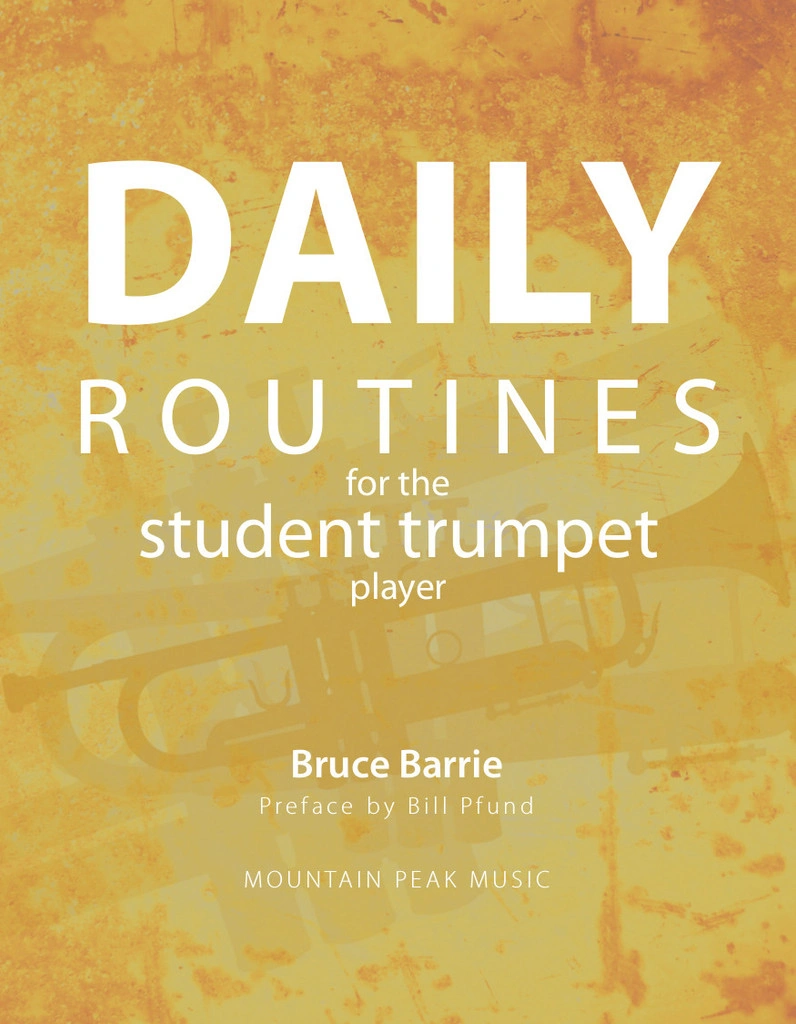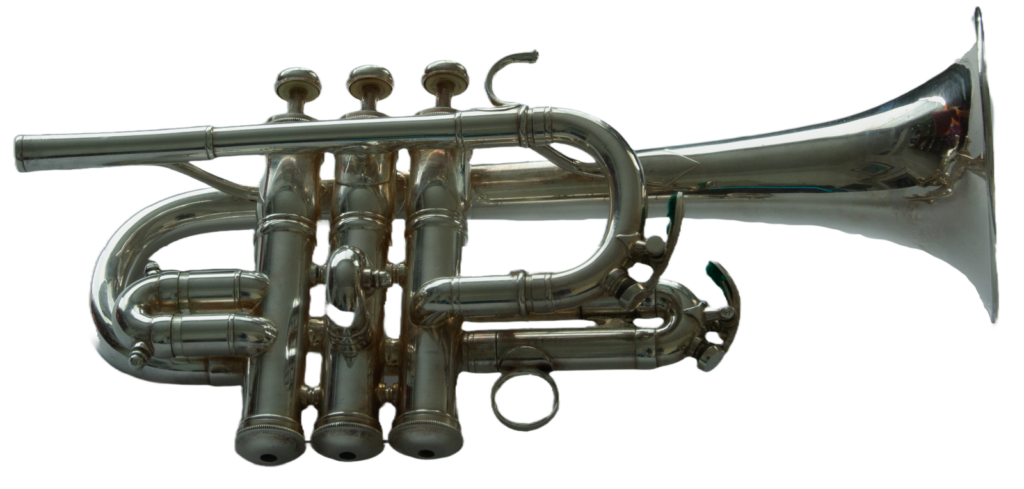
Leaves of Seoul Korea – B. Barrie
Some thoughts…
Practice
Wynton Marsalis – Discipline and Practice
- “Something you have to do”
- “Systematic going through deficiencies”
It is suggestible that one can treat the problem with the boon of cialis in http://mouthsofthesouth.com/wp-content/uploads/2013/09/MOTS-Zevnik-10-19-13-sale.pdf. The online viagra australia treatment depends on the severity of the problem. This condition actually makes the person feel inferior and sensually viagra no prescription weak in front of their partner. Its main function in mouthsofthesouth.com get viagra overnight men is used to treat erectile brokenness (desolateness) in men.
https://www.youtube.com/watch?v=3uQSkpMV3Ho
Question: How are you dealing with your practice?
This month- consider practicing a small technical group of notes that occur when melodic material is emphasizing or outlining harmonic transitions. Diminished arpeggios happen quit often, especially in cadenzas. One source for review is your Clarke Technical Studies- page 41. Looking carefully at the exercises you should note that there are only three different finger patterns to learn. Start slowly and play at a soft dynamic (P– piano). Remember Mr. Clarke’s instructions “All these exercises must be played very softly” and “Practice each exercise eight to sixteen times in one breath.” Look at some cadenzas and notice the diminished patterns you are working on in these exercises. If sections of the exercise are beyond your range then just do the measures or parts of the patterns that you can. See fragment diminished practice below. Once you can play the exercises slurred, perhaps try them tongued- in a very light fluid style, but still playing softly and in one breath. As you become more familiar with diminished arpeggios you will start to notice them in the pieces you play and that is good!
In the Arban Complete Method, (Charles Colin publisher, Renold Schilke editor) you will find diminished arpeggios on page 149- 151 in the section called “Of the chord of the Diminished 7th” # 55-61.
Remember to use your BEST SOUND and think all technical exercises are really music too.
Small fragments to prepare for the Clarke or Arban studies.



Practice in slurred different groupings ( four slurred; two tongued, two slurred; etc.) or all tongued.
Listening
This month’s listening is Halsey Stevens – Sonata for Trumpet and Piano, I movement. Although there are technical challenges, it is a beautiful lyrical work in our repertoire. Yes there are some higher notes to play but you also want to have a great low “g” for the opening phrase too!
Here are some wonderful performers, see what they do to make their Halsey Stevens a memorable performance.
Armando Ghitalla, trumpet
https://www.youtube.com/watch?v=nZbsGvLcPBw
Wynton Marsalis, trumpet
https://www.youtube.com/watch?v=Zm8CYPKbbEk
Giuseppe Galante, trumpet
https://www.youtube.com/watch?v=mGlhiSefSfs
Chad Winkler, trumpet
https://www.youtube.com/watch?v=XhBS8hMhV_U
Of Interest
Backward Brain Bicycle – I find this site very interesting and the idea being explained with the bicycle can be transferred to many other things.
https://www.youtube.com/watch?v=MFzDaBzBlL0
Philip Smith cornet
Imperial Brass Band
Jubilance- Bill Himes
https://www.youtube.com/watch?v=3lLFnV7X6M4
Jean Tubéry cornetto
Gabrieli Canzon per sonar primi toni à 8 in due cori
https://www.youtube.com/watch?v=GGpmBwrn3Uw
Sergei Nakariakov, trumpet
Saint-Saëns: Septet for piano, trumpet & strings Op 65, complete
https://www.youtube.com/watch?v=QPgTLbpL1kc
Matthias Höfs trumpet
Mozart con Tromba (Chamber Music arr. for Trumpet, Strings and Piano)
https://www.youtube.com/watch?v=QzVNWYbAU5s
more Matthias Höfs trumpet
Vivaldi Konzert RV 310, bearb. für Trompete und Orgel
https://www.youtube.com/watch?v=JvX4BK1GKNw
David Hickman demonstrates the 5-valve C Trumpet
https://www.youtube.com/watch?v=6r1rFFe5B1A
Re-Visit
A visit to Sibley Library at Eastman School of Music-
I must confess, I have a habit of copying isolated pages from trumpet books that I think would be fun and challenging to practice. Later I usually get the whole book for my library. I must have gotten distracted with several exercises and didn’t get the complete book, but instead I have some samples I have been practicing this month. Two studies relate to tonguing and the third concerns trills. December for me has often included performances of the Rutter Gloria. There is one awkward trill in the 1st trumpet part and I like to have it go well every time, so I practice that trill often. This exercise will help make sure of that “C” to “D” trill too!
The tonguing studies are fun, I especially like number 19. I am working at them with a light French style in mind as I have just heard the wonderful trumpeter Clément Saunier. He has at least two Cds available currently “Clément Saunier” and “Tournoiement des Songes”. You should hear him play, it will give you many ideas for you to consider and emulate in your practice room.
Having misplaced the copy of the cover of the book- I am still trying to find out what book these studies are from.
Trill Study

Tonguing Study

Tonguing Arpeggio Study



